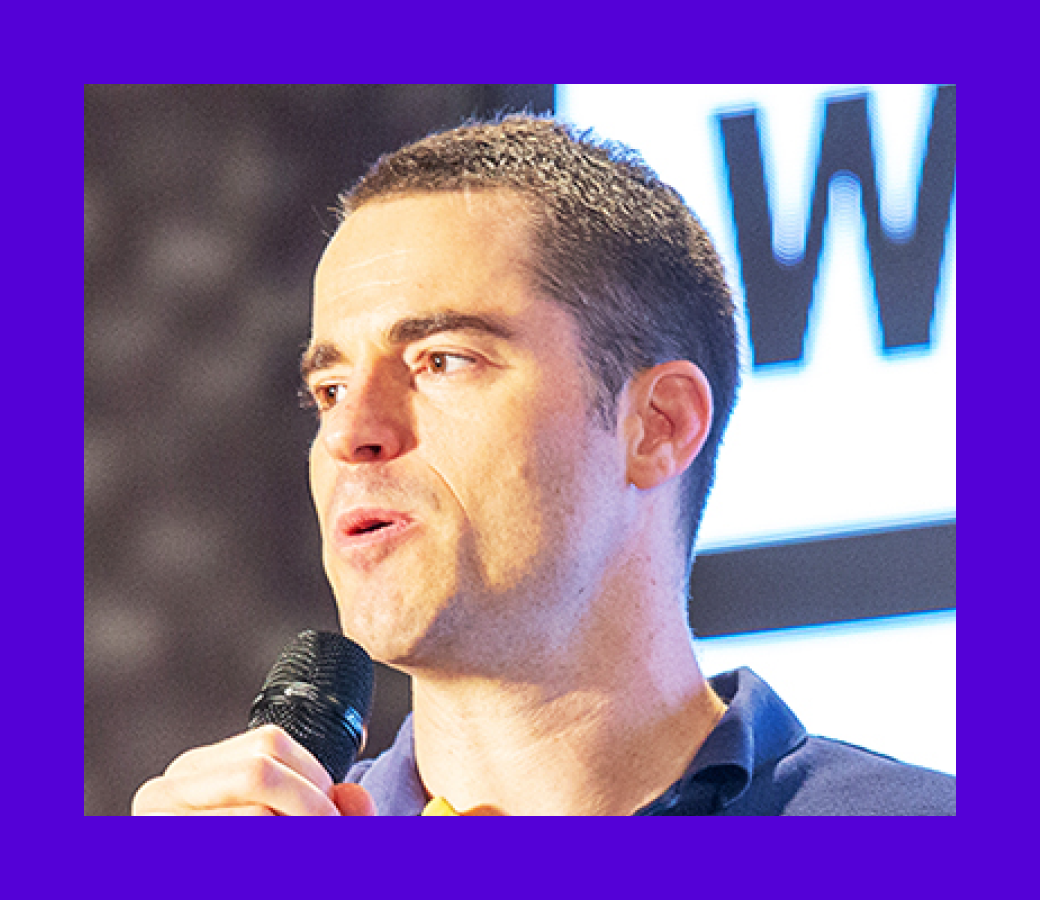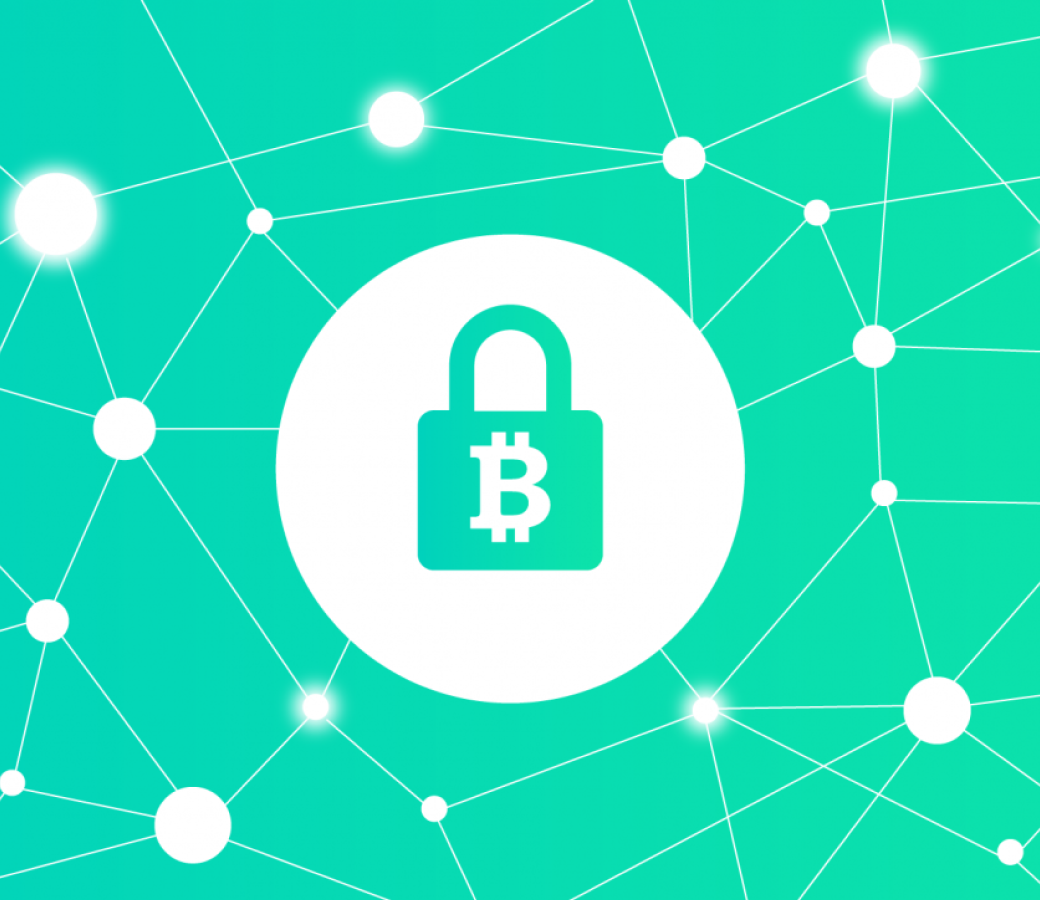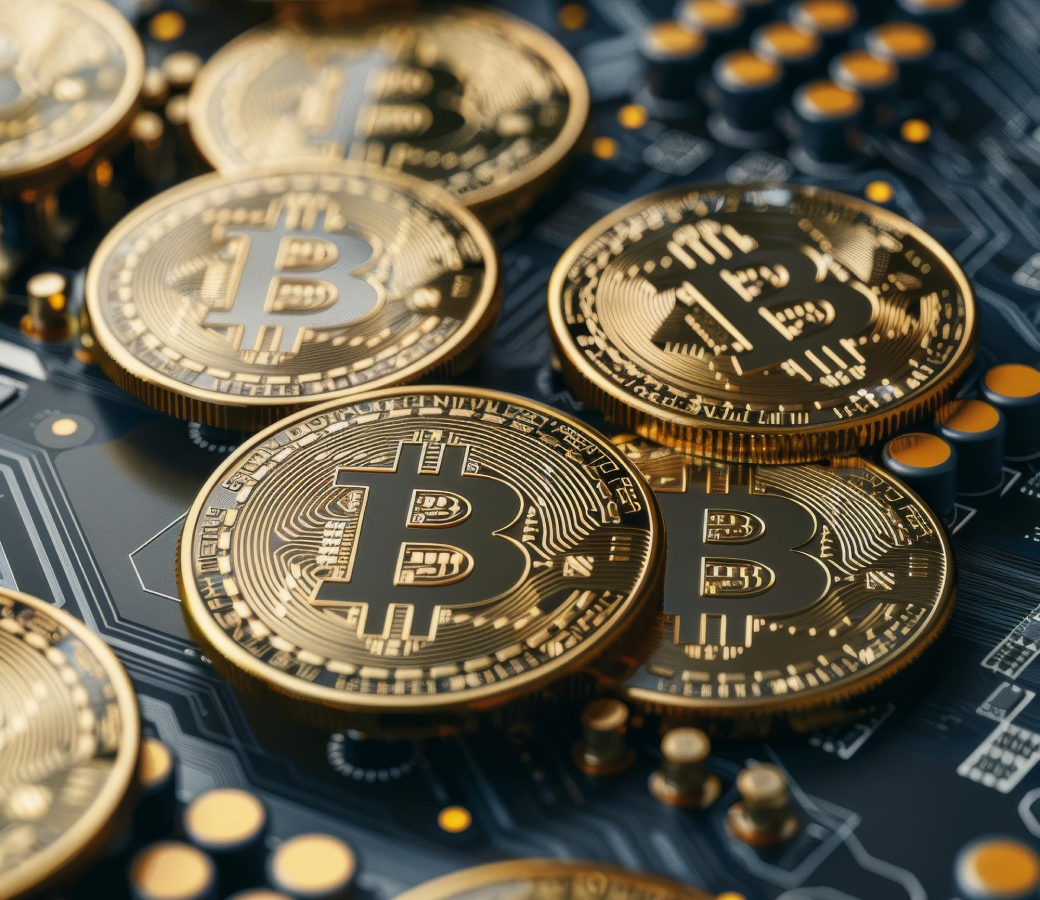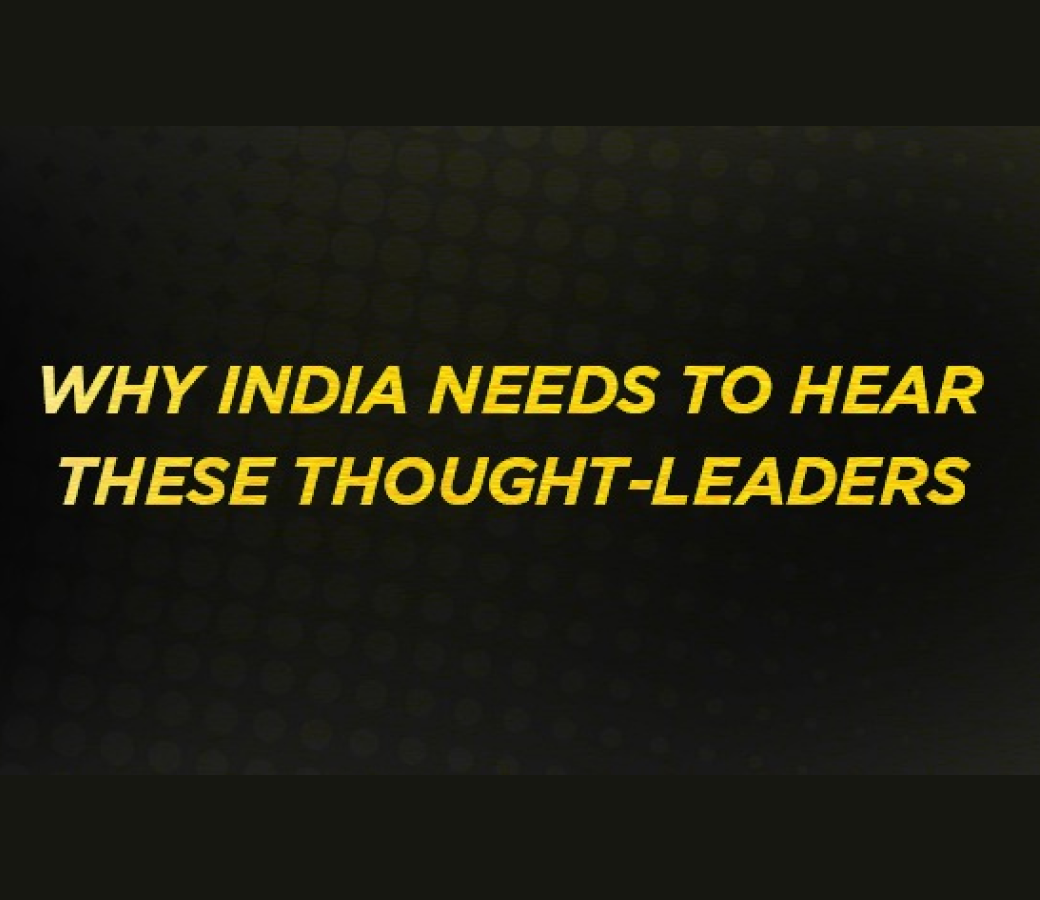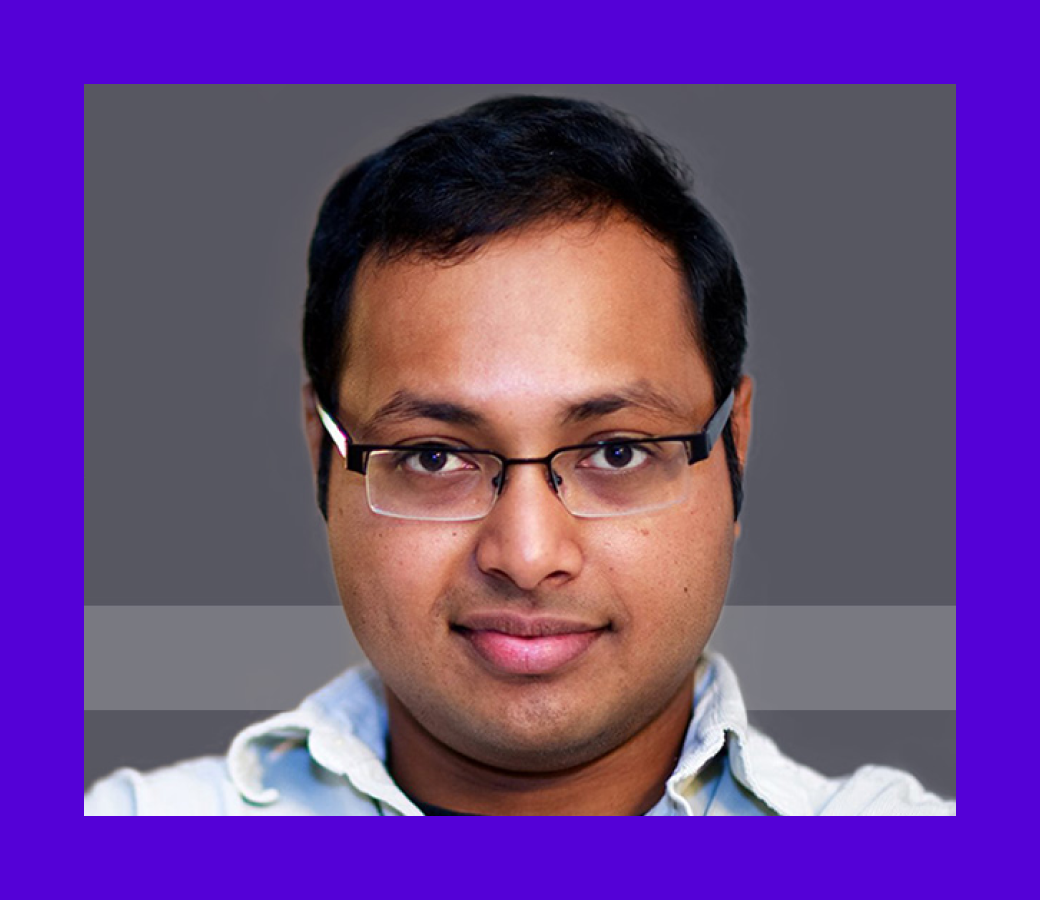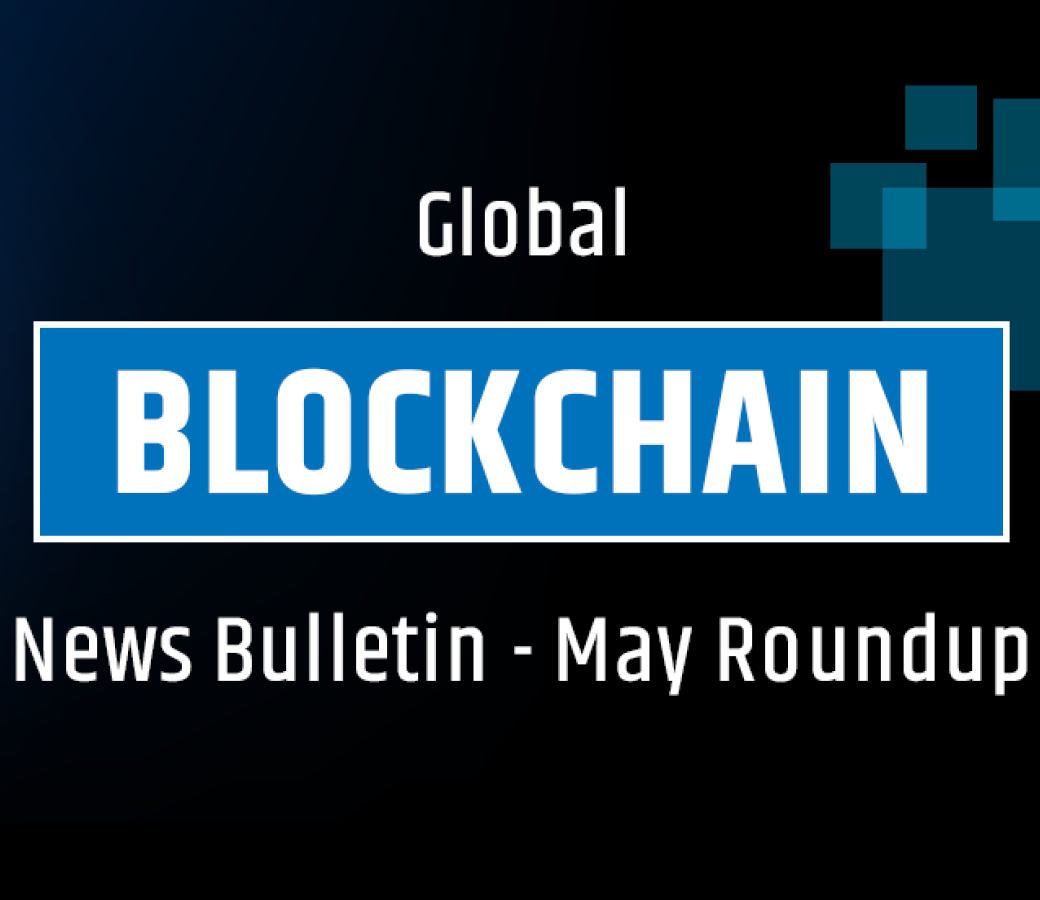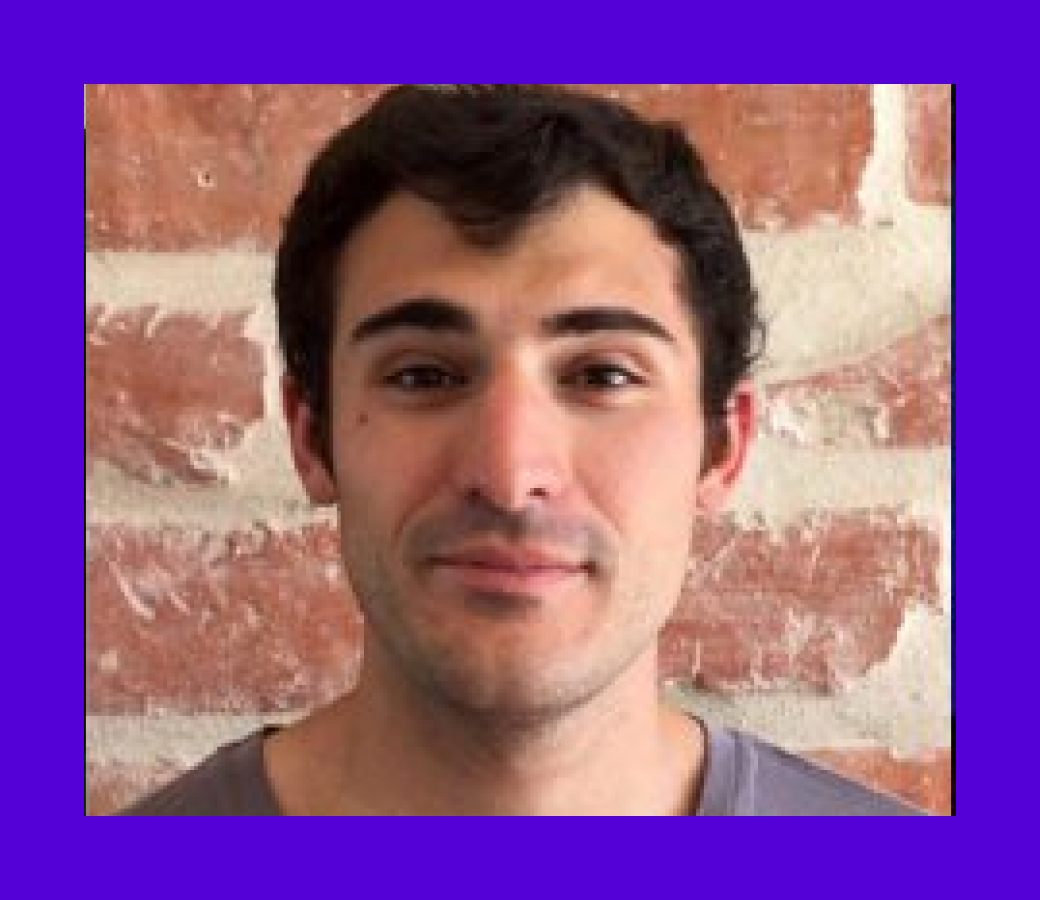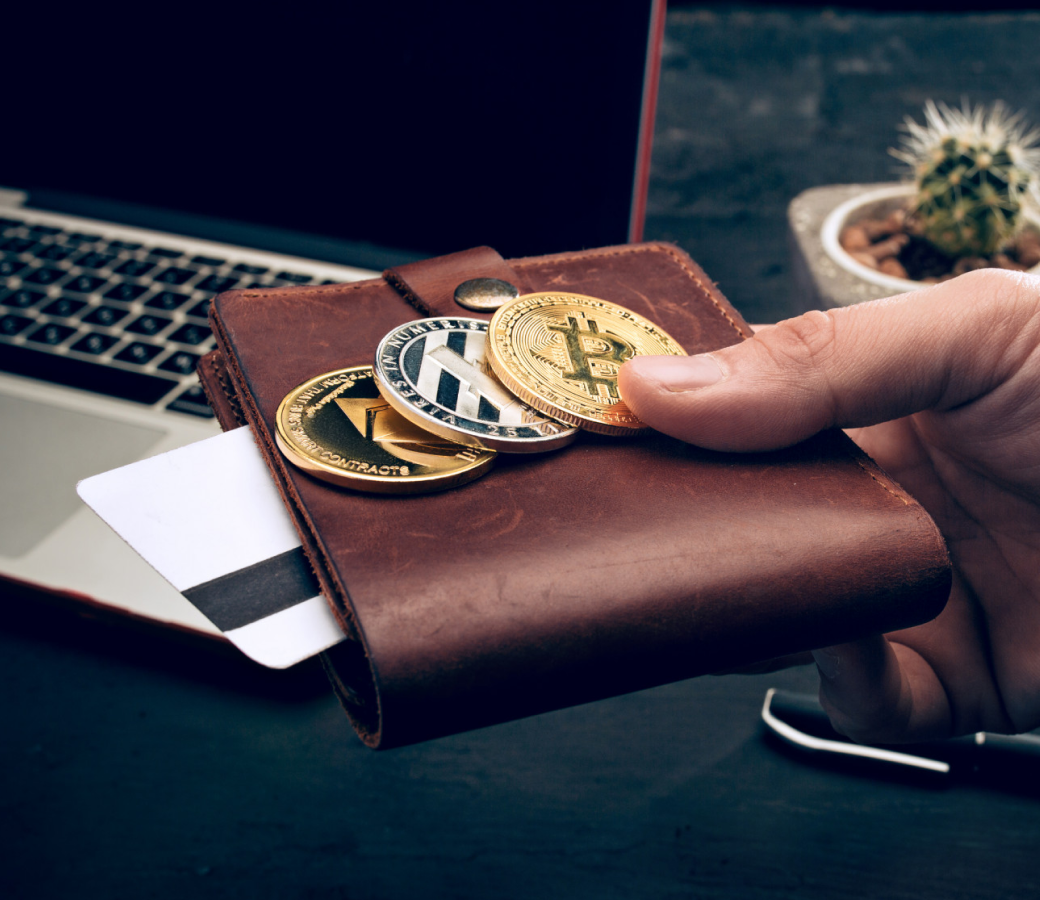It was nothing short of sheer energy and excitement as the people of Taiwan were eager to hear what some of the greatest pioneers in the crypto and blockchain community had to say at World Blockchain Summit – Taipei.
#WBSTaipei was all about paving the way for Taiwan to become a leader in blockchain innovation.
In case you missed it. Here’s what happened…
Message from the CEO
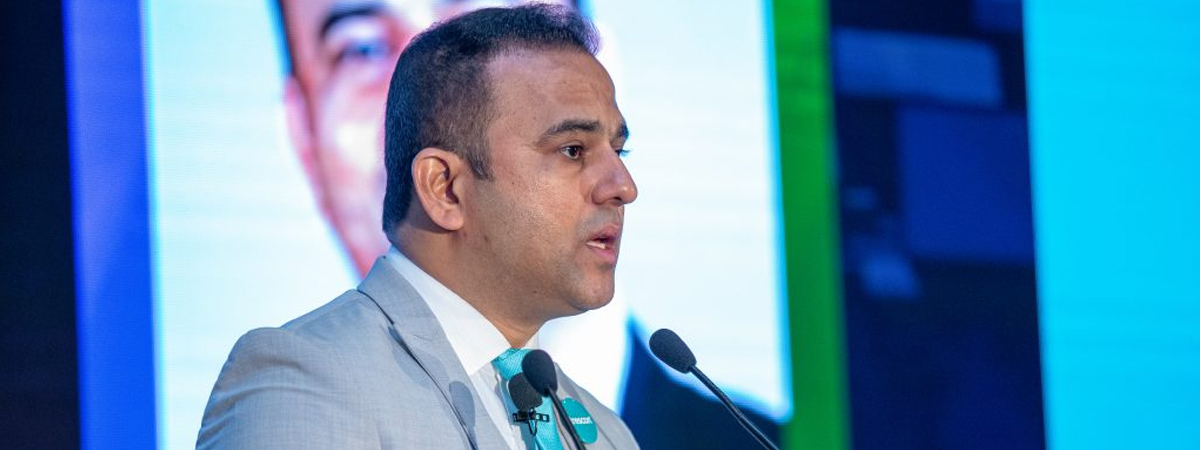
“Since our successful editions in the APAC region, covering countries like Singapore, India and Kuala Lumpur, we are strategically exploring newer territories, and that brought us here to Taiwan, which is at the forefront of blockchain implementation.” – Mohammed Saleem, CEO of Trescon.
The Mayor’s Address
Since its inception, the Mayor of New Taipei city, Hou Yu-Ih had been a pillar of support for shaping the summit. This was the Mayor’s first blockchain-based tech event since his incumbency.
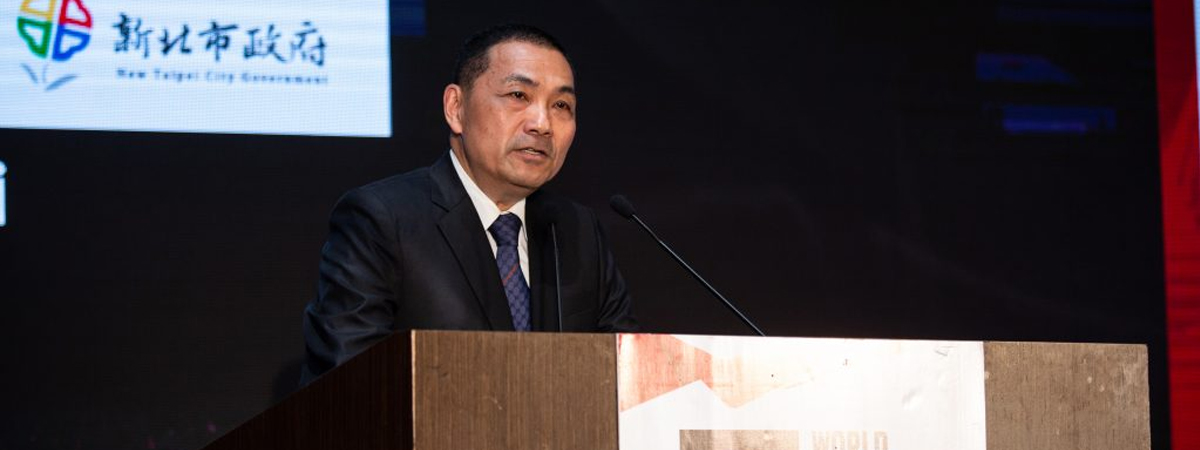
“New Taipei City is honoured to co-host this event. We hope, we can generate and exchange platforms and connect with international enterprises, startups, world-class investors, joint ventures and accelerators to identify opportunities in the next technologies for commerce.” said the mayor.
Jason Hsu, a.k.a “Crypto Congressman”
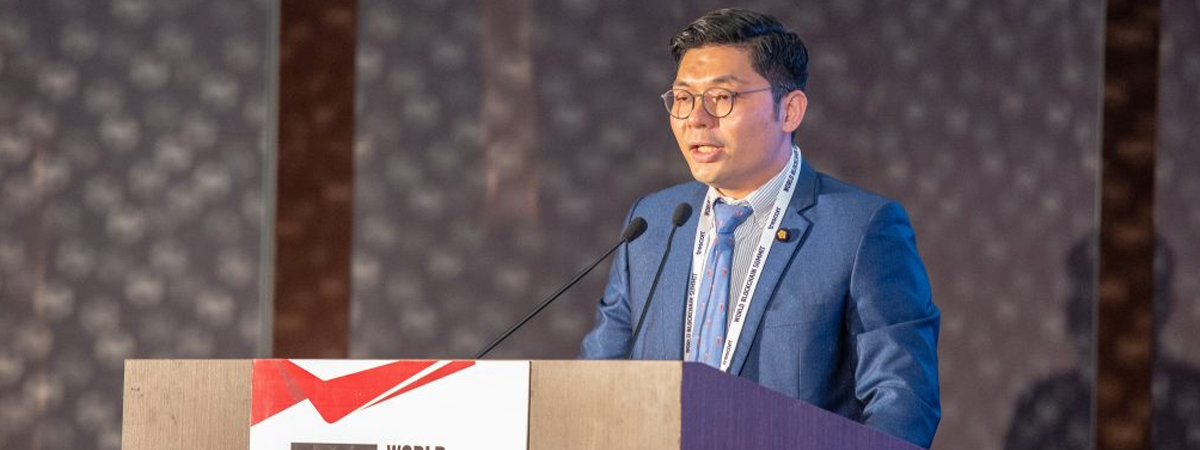
“Today marks an important day that we work together to make Taiwan a stronger innovation hub in the whole of Asia. Taiwan is ready to pursue and attract global investment. With the relaxing and lifting of STO regulations, we are ready and open for global investments. We are now working to become the first country to regulate and legalize security tokens.”
Roger Ver, a.k.a “Bitcoin Jesus”
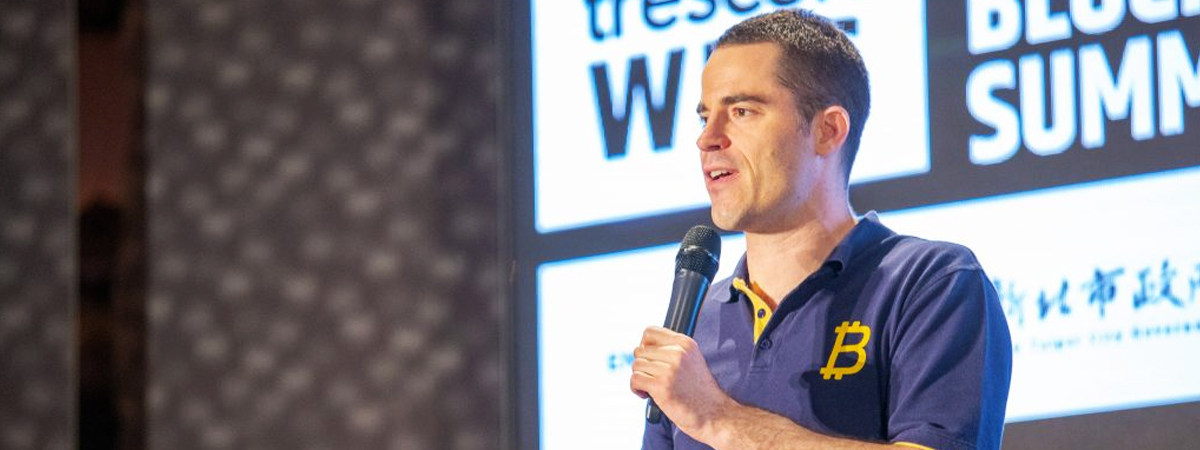
“Bitcoin Cash and digital currencies are the best tools the world has ever seen to accomplish economic freedom.” (Watch Video)
MOU Signing
A Memorandum of Understanding (“MOU”) was signed between New Taipei City and Dubai City through organizations Innosquare and Dubai Blockchain Center, to mutually enhance the Blockchain Information Exchange and stimulate growth, transformation and development of smart cities with blockchain technology.
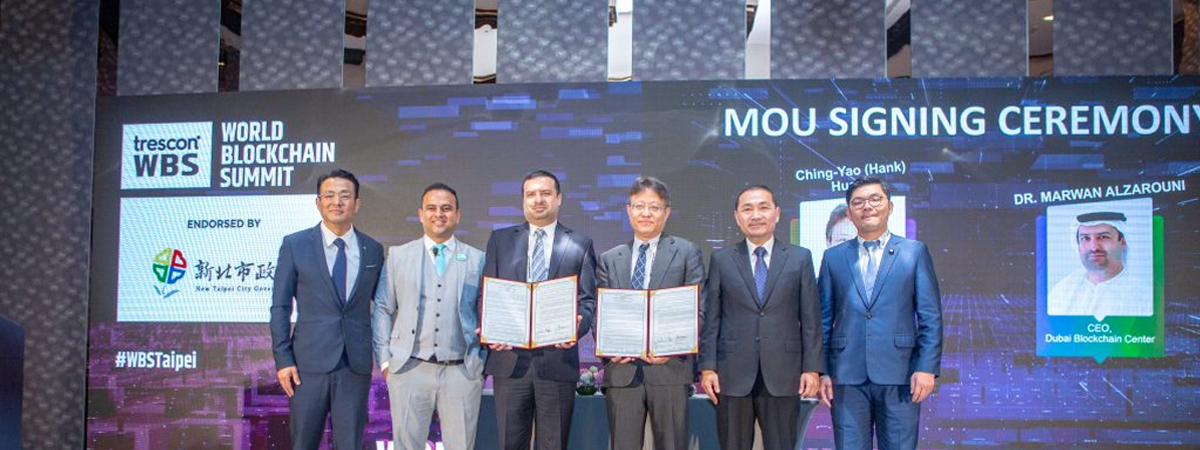
Message from “The Godfather of VOIP”
Day two featured a keynote from tech innovator and visionary, Alex Mashinsky on ‘The transition from Voice Over IP to Money Over IP’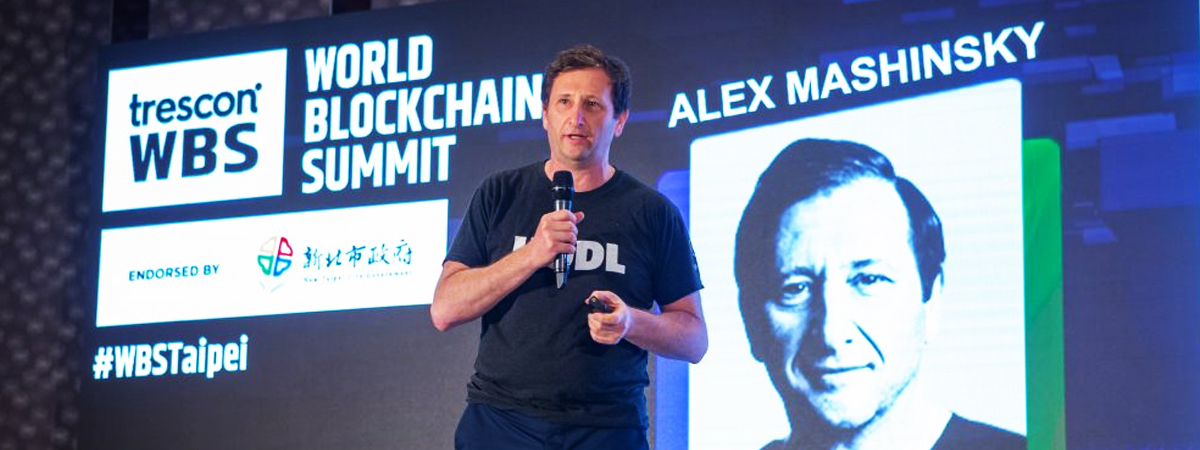
“In the future, the entire internet is going to be an application on the blockchain. If decentralization is real, and it’s bigger than anything we’ve ever seen, it’s only all the money in the world. Then the internet is just a subset of decentralization and all the money in the world, so by definition, the largest network always wins, and here the largest network is going to be a quantum computer running a blockchain and everything else is going to run on top of it.” (Watch Video)
Message from Tim Draper and John McAfee (Watch Video)

It was two days of stimulating discussions, insightful keynotes and presentations from some of the brightest minds in the blockchain space.
And the Award goes to…
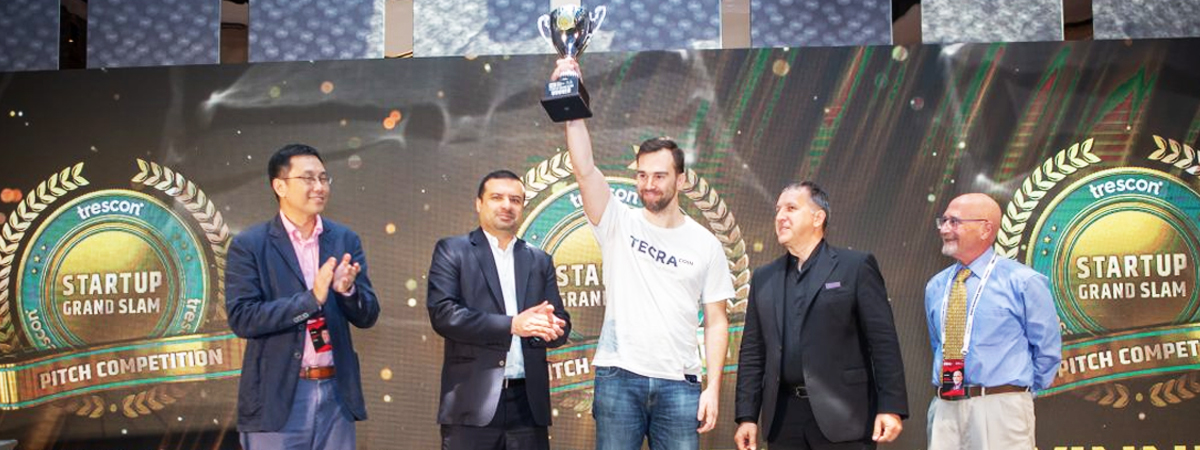
The Startup Grand Slam gave six companies an opportunity to present their ideas. Tecra Coin, a blockchain hi-tech investment fund, triumphed the cup.
Find out more about Tecra Coin: https://tecracoin.io/
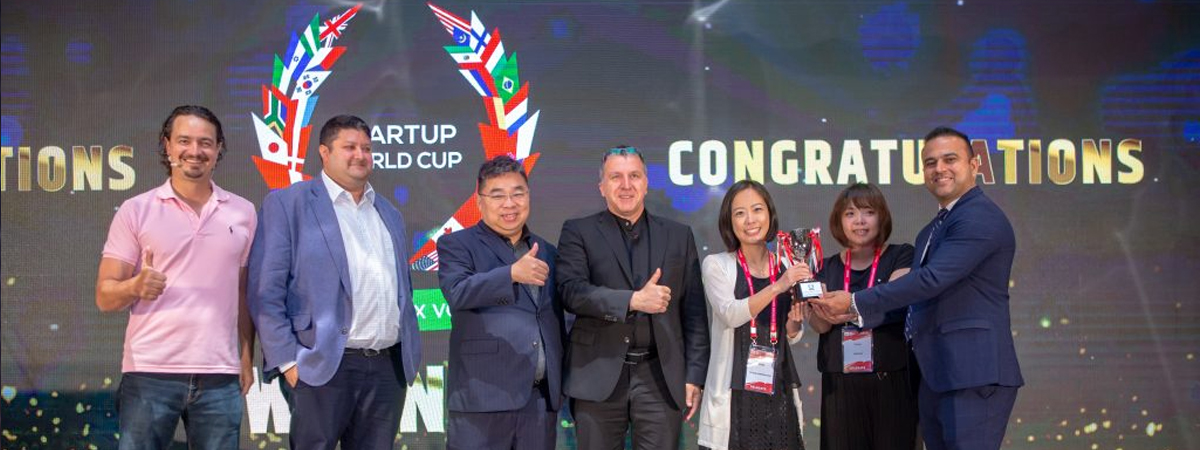
Among the 11 startups that pitched their plan, The Fenox VC Startup World Cup – regional finale was won by ‘Yangseng Technology’ on day two. They got a chance to compete with 30 other finalists of the Startup World Cup grand finale in San Francisco 2019 for a US$ 1 Million prize!
WBS is coming to Singapore, India, Dubai & more! Check out World Blockchain Summit’s world tour calendar for this year.
https://worldblockchainsummit.com/
